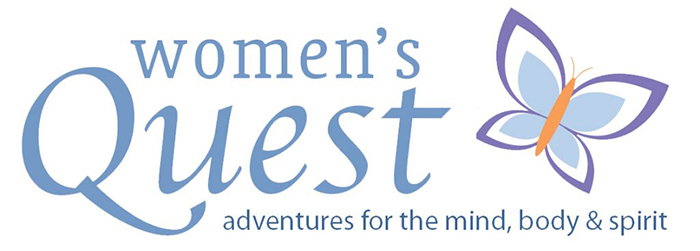 We are approaching the Winter Solstice when it is the shortest day of the year and the LONGEST NIGHT (so.. get that extra hour of sleep). Many of us are sleep deprived but one extra hour once a year will do nothing to alleviate this. What can make a difference? Think about your bedtime and your circadian rhythms. Whatever time you normally go to bed is likely discretionary but your wake up time is more likely dictated by an alarm clock. What if this year, you listen to your body instead of the clock and go to bed an hour earlier beginning on the New Year. What would an extra hour of sleep every night do for your physical and emotional health?
We are approaching the Winter Solstice when it is the shortest day of the year and the LONGEST NIGHT (so.. get that extra hour of sleep). Many of us are sleep deprived but one extra hour once a year will do nothing to alleviate this. What can make a difference? Think about your bedtime and your circadian rhythms. Whatever time you normally go to bed is likely discretionary but your wake up time is more likely dictated by an alarm clock. What if this year, you listen to your body instead of the clock and go to bed an hour earlier beginning on the New Year. What would an extra hour of sleep every night do for your physical and emotional health?
A study in 2013 at the University of Surrey’s Sleep Research Center tested subjects who slept six-and-a-half vs seven-and-a-half hours of sleep nightly. The differences were significant. Not only in terms of mental agility tasks that were better preformed by those who got more sleep but in blood tests that were run on each group. Around 500 genes were affected, including those associated with processes like inflammation, immune response, and response to stress. These short term effects were all in favor of those sleeping longer. The long term impact is even more critical as the genes associated with diabetes and risk of cancer are also impacted by the one hour difference in sleep each night.
Sleep experts in the US agree that the extra hour of sleep can improve the following important areas of life:
- Memory
- Alertness and ability to complete tasks
- Quicker reaction times which can translate to being safer behind the wheel
- Higher productivity
- Reduced risk of illness
Think about all of the things you do to practice self care. Improved diet, exercise, meditation, pursuing things that you enjoy, and taking time for yourself. Now add that extra hour of sleep to your routine and reap the benefits.
